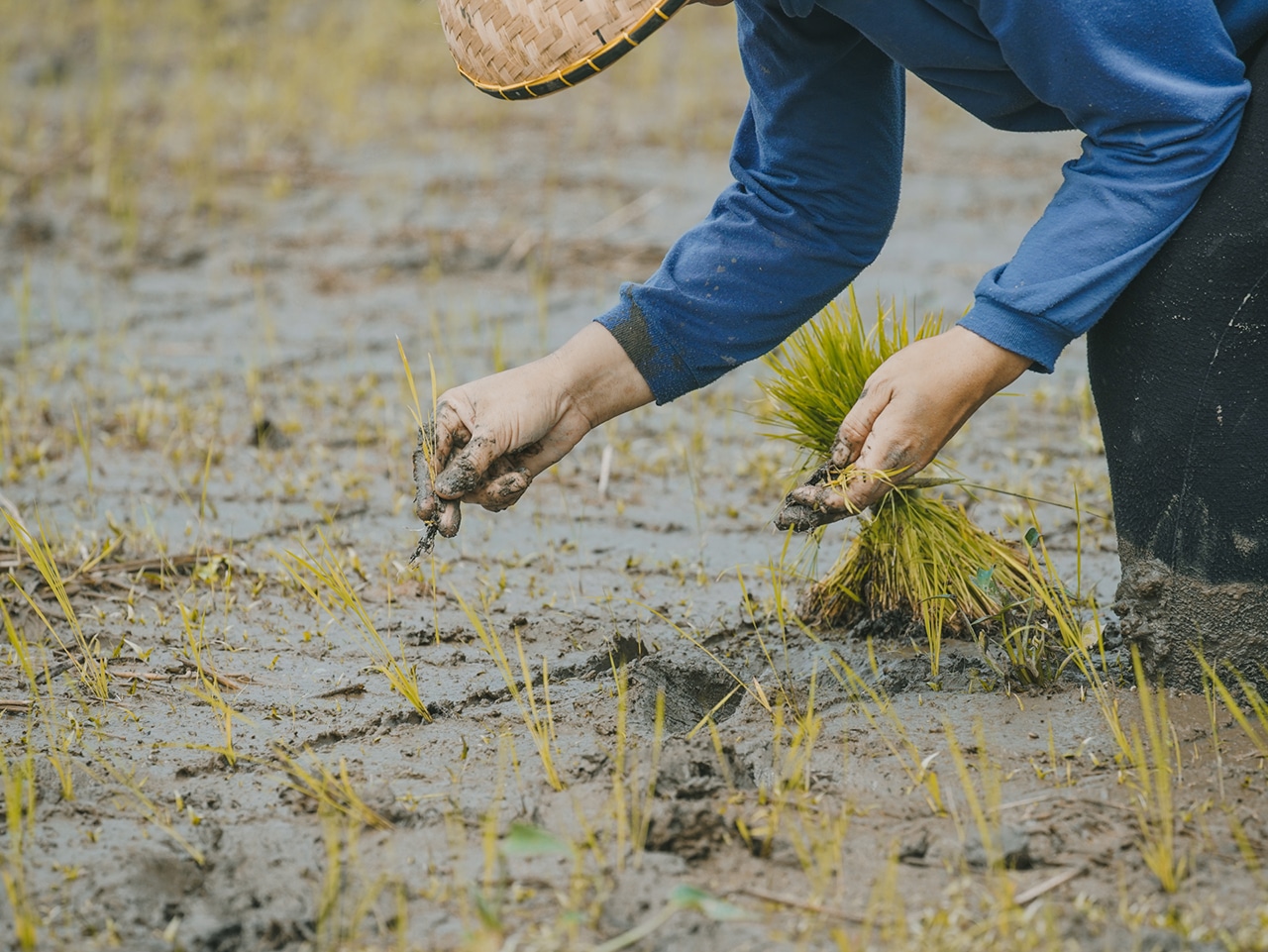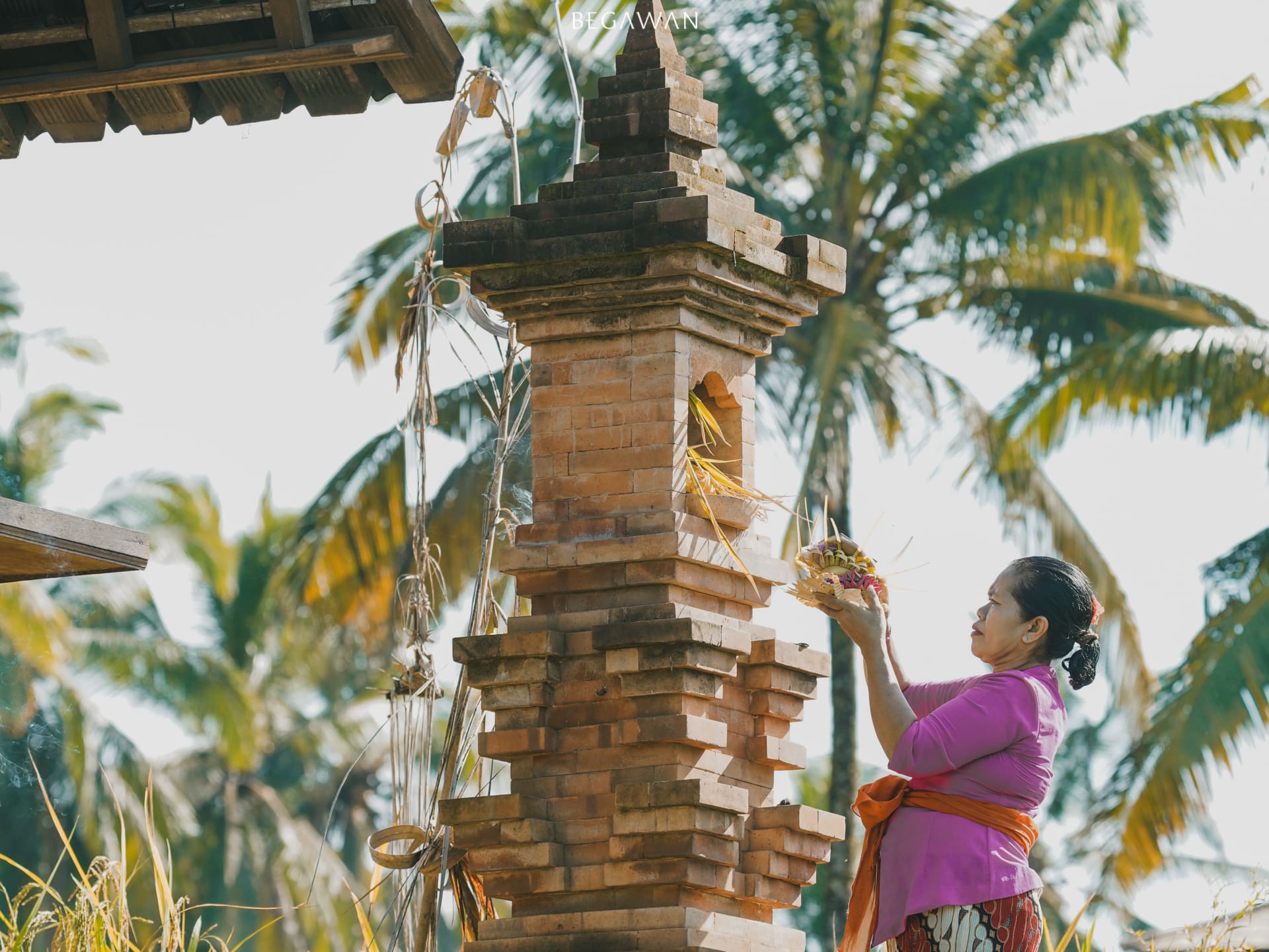
As part of Begawan’s entrepreneurial programs, six members of Pondok Jamur Begawan Foundation have spent around 5 months cultivating Oyster mushrooms at the Mushroom Farming House at the Begawan Learning Centre. This hands-on experience has given them practical skills and comprehensive knowledge of mushroom cultivation. Their daily tasks encompass the care of Mushroom culture bags, which includes watering and maintaining a stable temperature.
Mitigating Challenges and Sustainability in Mushroom Cultivation
Over time, they have accumulated practical expertise in various facets of mushroom cultivation, ranging from harvesting, packaging and marketing, and even venturing into culinary experiments. This journey has also involved familiarising themselves with potential pests that could impact mushroom health, along with adopting sustainable practices to mitigate these issues. Additionally, they have successfully converted waste from bag logs into nutrient-rich compost.
Bridging the Laboratory Gap: Visiting PT Kultiva Life Science
Despite their proficiency in mushroom culture, certain lab-oriented aspects remained unexplored. To bridge this gap, students visited PT Kultiva Life Science to interact and work with a biologist. The objective was to delve deeper into lab-based procedures and immerse themselves in activities such as the Agar Work, which utilises the PDA (Potato-Dextrose-Agar) method to cultivate pure mushrooms. This hands-on learning opportunity not only enhanced their knowledge but also gave them real-world skills pertinent to mushroom culture.
Understanding Mushroom Growth and Pest Management
The field trip began with a discussion on mushroom growth and its distinctive characteristics. Students learned that mushrooms, much like humans, don’t generate their own food like plants do; rather, they rely on external sources for nourishment. During this discussion, they were exposed to the two primary pests affecting mushrooms—mould and yeast. The students understood that the presence of these pests is often due to insufficiently sterilised inoculation processes which lead to the rapid growth of mould and yeast on the PDA medium, disrupting mushroom growth.
Bacterial interference was also highlighted as another obstacle. To offer a visual demonstration, the students were given the opportunity to observe bacteria specimens under a microscope, extracted from a pond adjacent to the lab.
Microscopic Observations: Exploring Bacterial Interference
Following the discussion and microscopic observations, the students were finally able to participate in the propagation process of mushroom spawn to develop pure mushroom cultures, utilising the PDA mixture. It’s paramount that inoculation occurs under sterile conditions to ensure the success of the pure mushroom culture. This necessitates specialised equipment, including a sterilised laminar hood and inoculation hood, along with an inoculation loop steriliser and petri dish. Donning gloves and utilising alcohol to disinfect their workspace, the students actively participated in each of these steps, and gained a deeper understanding of the process.
Bridging Theory and Practice: Enriching the Educational Journey
The mushroom cultivation project at Begawan has enriched the students’ educational journey. The subsequent field trip to PT Kultiva Life Science offered them a remarkable opportunity to bridge the gap between theoretical understanding and real-life practical application. From cultivating mushrooms to understanding lab procedures, students gained practical skills vital for their entrepreneurial endeavours.



